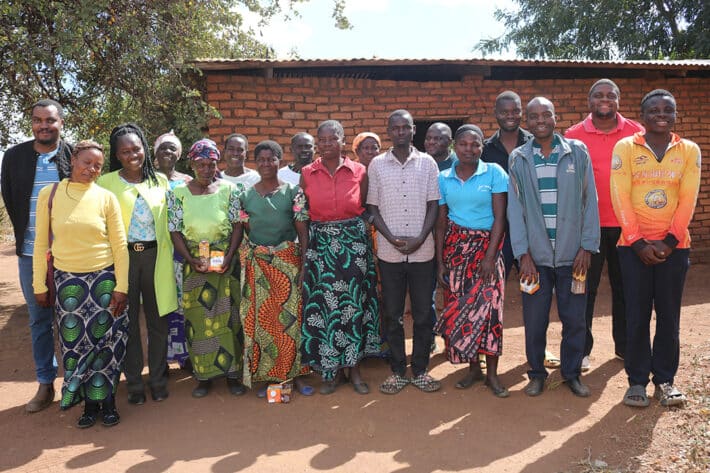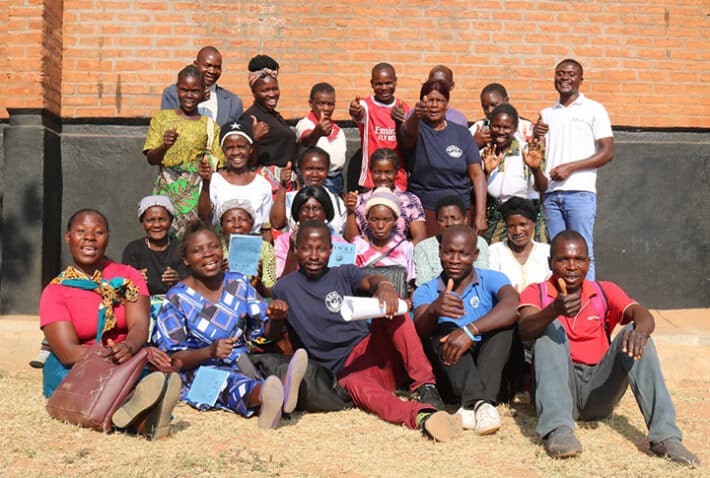How the Mobile Outreach Clinics Operate
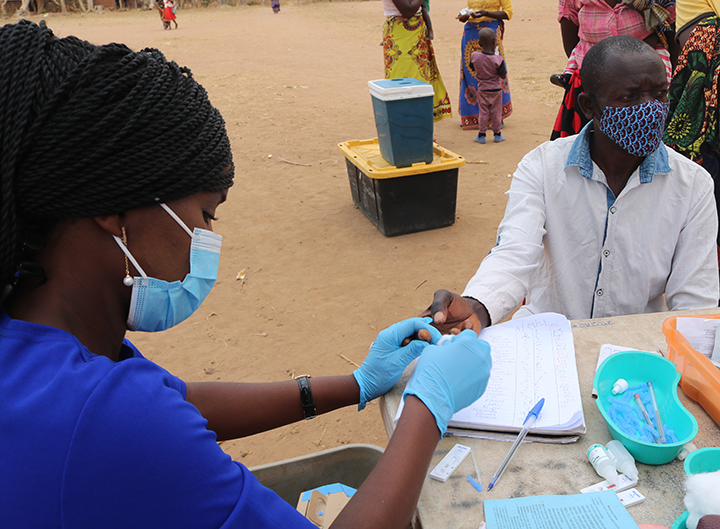
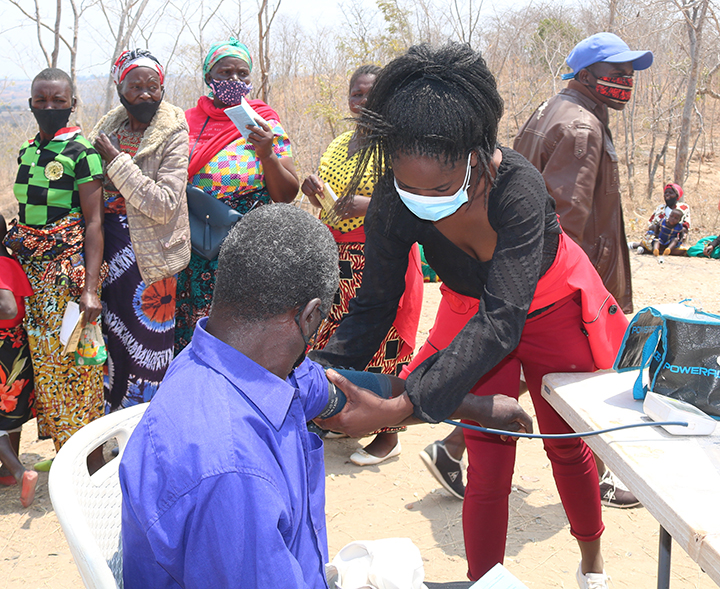
What are Mobile Outreach Clinics?
As the name states, these are clinics that travel to remote, hard-to-reach areas to provide medical attention to individuals who would otherwise face significant challenges in accessing healthcare due to long distances to their nearest healthcare stations.
Why Mobile Outreach Clinics?
Mobile outreach clinics ensure that essential healthcare services reach the undeserved and those in most need, thus, bridging the gap in access to quality medical care. Mobile Clinics are a lifeline in providing timely and quality treatments, which result in improved health outcomes and saving many lives, especially in time-sensitive and emergency situations.
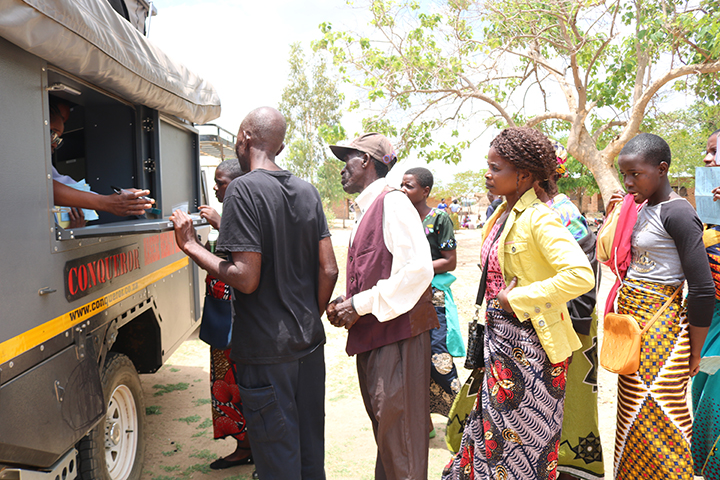
How the Mobile Outreach Clinics Operate
Everyday, our dedicated healthcare team, consisting of about 10 members, travels to a predetermined location with a trailer, carrying all the required equipment including medicine, dressing for wounds, injectables, and much more. These locations where they meet people are called ‘centres’, and on average, each centre is visited twice in a month. This means predictable follow-up visits and healthcare access for people who otherwise are burdened by travel or wait times to access a clinic.
When the team reaches the centre
Step 1: The first step is to offload the equipment from the trailer and clean all the surfaces and equipment. This process helps in making sure that the environments are safe for patients and healthcare providers, ensuring high quality medical care.
Step 2: Now, patient care begins! With the environment and the equipment clean, our healthcare team springs into action. The patients’ must first have their vital signs taken at the Triage which include; checking their blood pressure, body temperature and recording weight. This provides the healthcare team with crucial information to inform diagnosis, treatment and ongoing care.
Step 3 : Next, the patient proceeds to consultation with a Clinical Officer. The Clinical Officer conducts a thorough medical history and physical examination, and writes a prescription or orders a laboratory taste if necessary.
Step 4: For a patient who is required to go to the laboratory, they go to the lab and once they get their results, they go back to the clinical officer for a prescription.
Step 5: Payment – After consulting with the Clinical Officer, patients are required to proceed to the cashier’s desk to settle the treatment fee. Our clinics operate on flat-fee structure and the fees are as follows:
- Children: 200 MWK (approximately 12¢ USD) and it is uniform across all locations
- Adults 500 MWK or 1000 MWK (Depending on the location) (30¢ to 60¢ USD)
These fees cover all the services rendered, regardless of the treatment or tests conducted.
Step 6: Next, the patient proceeds to the registration desk, where our staff records their personal and medical details in our registers. This is important as it helps in tracking the patients’ visits and treatments. This also helps us to efficiently manage data, which helps us in making informed decisions for our healthcare program.
Step 7: The last step is to go to the pharmacy and get medication as prescribed by the clinical officer.
Step 8: The team packs the equipment back in the trailer and leaves for home – Kasese. Usually, they spend all day at one of the mobile outreach centres, returning to Kasese in the late afternoon.
Some Interesting Facts You Would Want to Know
- Our team does not run the Mobile Outreach clinics alone. Each centre has a dedicated committee which is responsible for sharing our healthcare team’s schedules with the community, to keep them well informed on when the healthcare team is visiting their centre or of any changes that take place. The committee also helps the team in cleaning, offloading, setting up and packing.
- The treatment fee is not for profit, it is there to help us manage resources wisely by making sure that people are not abusing resources. Thus, even for those patients that can afford our small fee, they still get assisted for free.
- For cases and patients that require further treatment from a secondary healthcare facility, Our MOC provides transportation to the hospitals, for the patients to get urgent medical care.
- On average, our MOC team treats 460 Patients everyday
- On average, the team travels a distance of 60 KM every day
We are proud to be a beacon of hope to many who would not afford healthcare services. A big shoutout to our MOC 1 and MOC 2 teams for their continued dedication in serving the communities in need of their services!


